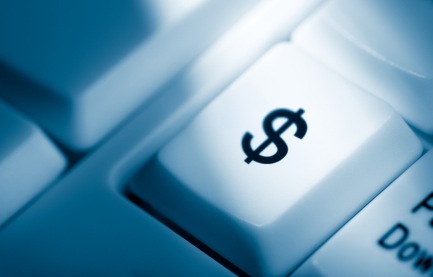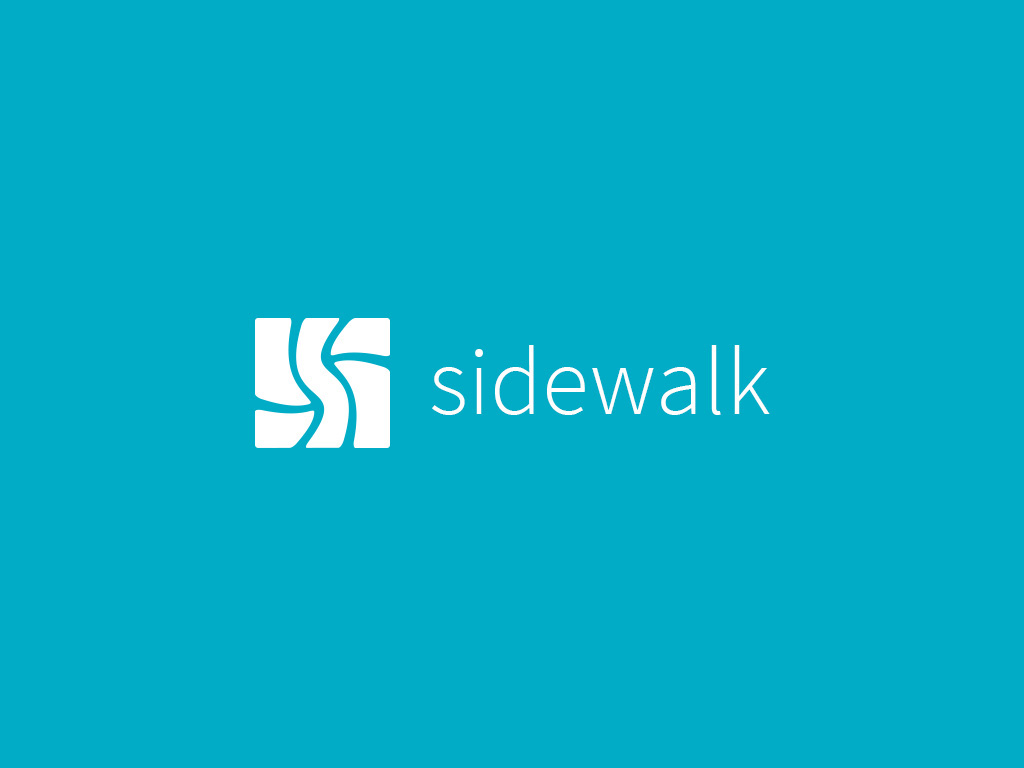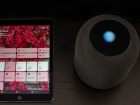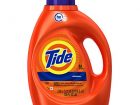 Though I’m not sure the era of the truly paperless office, or personal life will ever come to fruition in my lifetime, I am committed to making it a reality in my life. Though I still hold an emotional attachment to traditional printed newspapers, magazines and newsletters, when it comes to invoices, bills, annual reports, tax returns and checks, I’m all for electronic versions of these documents. And I love e-banking and electronic bill payments. I even use the Starbucks Mobile Card app on my iPhone to pay for my coffee.
Though I’m not sure the era of the truly paperless office, or personal life will ever come to fruition in my lifetime, I am committed to making it a reality in my life. Though I still hold an emotional attachment to traditional printed newspapers, magazines and newsletters, when it comes to invoices, bills, annual reports, tax returns and checks, I’m all for electronic versions of these documents. And I love e-banking and electronic bill payments. I even use the Starbucks Mobile Card app on my iPhone to pay for my coffee.
In fact, I’ve been using some sort of online payment processing for more than 15 years. Some may be too young or simply not “in the know” back when Quicken users had the option to sign up for CheckFree, an independent service that would allow you to make a payment through Quicken, and the Check Free service would then print a check and send it to the recipient on or before the date specified when the payment was submitted through Quicken software.
Quicken ultimately provided gateways for the growing number of banks that started offering e-banking, so since I was banking with a major bank, I abandoned using CheckFree. And today since online banking is much more mature, I no longer use Quicken.
Perhaps I just like things complicated or that I prefer to silo my banking using different financial institutions, but I’ve got several active accounts at different institutions. One of these banks is Bank of America. With a robust e-banking system, iPhone App and customer service that is actually improving, I use this account for certain aspects of my marketing business.
I recently sent a payment to a friend of mine for some work I contracted with her. Meanwhile, she contracted me for some strategic planning and writing. Because the value of the work I did was close to the amount of my recent payment to her, she decided to simply tear up the check and throw it away.
The check I sent was actually a paper check sent through my Bank of America e-banking BillPay system. Unlike larger companies like utilities, credit cards and such, which actually get consolidated electronic transmission of funds from Bank of America. These electronic payments contain all the information necessary to accurately credit each customer account. For smaller companies, Bank of America does like CheckFree did and simply sends a laser printed check. In many ways, this is just the same as if I wrote a physical check from my checkbook, and dropped it into the mail.
Or is it?
I learned the hard way, in many cases it isn’t. Think about this: if you send a friend a personal check from your checkbook and that check is never cashed, the funds would be still in your account. Right?
With many forms of e-banking bill payments your payments are immediately deducted the day the check is mailed. And this in concept is what we do when we keep track and journal our check-writing and deducting the check amount from our balance. We do this so we don’t bounce checks and so we always know our running balance. In reality, those funds are in the account until that check is actually cashed.
In my case, when my friend told me she tore up my check, I made the adjustment and understood that those funds were still in my account. In this case amounting to several thousand dollars.
When I sent a payment to another vendor, I received a note from Bank of America that I was charged $35 for insufficient funds. This I could not understand. Beyond my running balance in this account, I knew there were several thousand dollars from a check that was never cashed.
If this was an interest bearing account (it isn’t), technically I should receive interest on the balance each day until any outstanding checks are cashed. But at Bank of America, the money is deducted immediately—regardless of when that physical check is actually cashed.
Knowing that I had sufficient funds in my account due to the check that was never cashed by my friend, I contacted Bank of America to dispute the $35 charge and to find out where that cash was. It took nearly an hour on the phone with BofA customer service, including several escalations and transfers until I found out what happened.
I think the banks, not that I should have assumed otherwise, are a little slippery and sneaky.
I was told that when physical paper/laser checks are sent, they are sent to my vendors (and my friend) on a Bank of America corporate check. That is, the check doesn’t include my or my business information printed on it. It’s what they call a “corporate BofA” check. They told me that because it’s the bank’s name on the check, that they are responsible and therefore deduct the funds immediately on the date the check is mailed.
What happens to the money during all those days it’s “floating” in the mail, or on the desk of a vacationing vendor or torn up and in the trash of another? Seems Bank of America is holding it in its account. Are they earning interest on the potential millions of dollars of customer money while the payments are floating? Probably.
Bank of America credited me my $35 fee and told me that I could change the way checks are printed and mailed. They said they could send out laser checks printed with my company information and that these checks would behave the same as if I wrote and sent them manually. That the funds would be in my account until those checks are cashed.
If you are using BillPay and have an interest bearing checking account, you might want to inquire as to how your checks and funds are handled when making payments. It may not add up to much, yet you should know. I have a problem with this behaviour because it’s not fully and readily disclosed. I’ve been using this BofA account for many years, but until this situation I had no idea that the bank was deducting payments before my vendors cashed them.
Have you had a similar experience? Any e-banking or BillPay horror stories? Share them with us here.






Indeed, I caught on to that a while back with Wells Fargo. Same thing. Funds are taken out when the check is sent. All sorts of fees if you decide to “stop payment” due to a situation like yours.
I’ve known about this but haven’t taken the time to solve the problem. I am just living with the inconvenience when these situations occur.
Yeah. I think most banks will default to the immediate debit of funds, though as with BofA, I’m sure Wells Fargo offers the traditional check printing service at no additional charge. It’s amazing that few know about this process, and I’m sure it works to the bank’s advantage.
Banks are not here to serve “US”…. they are here to serve “THEM”. GET A CLUE… AND STOP SUPPORTING BUSINESSES THAT DON’T HAVE AN INTEREST IN YOUR INTEREST. I only bank with credit unions… mine is the “Community Credit Union of Southern Humboldt County”. They invest their (my) funds in local, community interests that eventually benefit my local community and don’t seek tax benefits by sending those investments to far-away places that offer no short or long term benefits here where I live.
Bank of America needs to know that we are paying attention. Otherwise you are just another minor obstacle in their ultimate path.
“Everybody better wake up… super powers better wake up!”
http://markcrispinmiller.com/2011/04/bank-of-america-pays-no-federal-income-taxes-on-monday-418-lets-ask-them-why-with-us-uncut-nyc/
Werid, I used BillPay, and my money wasn’t deducted so when the person gave me the check back, I could just tear it and throw it away. I double checked it with the bank, and they also said that nothing was deducted from Bill Pay.
Since I posted this, I’ve noticed that BofA and Chase have changed their policy. So you’re right. At the time I wrote this in April 2011, BofA made an automatic deduction. Since then with customer feedback, BofA changed its protocol.